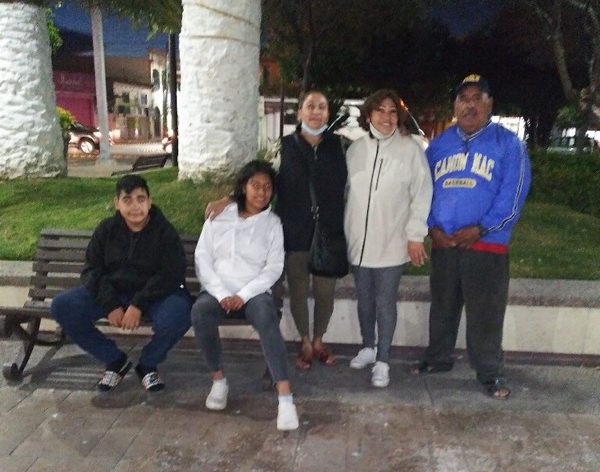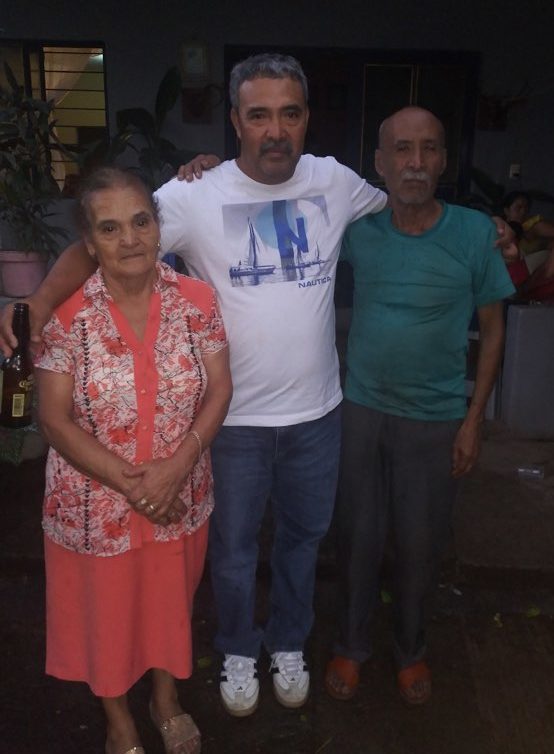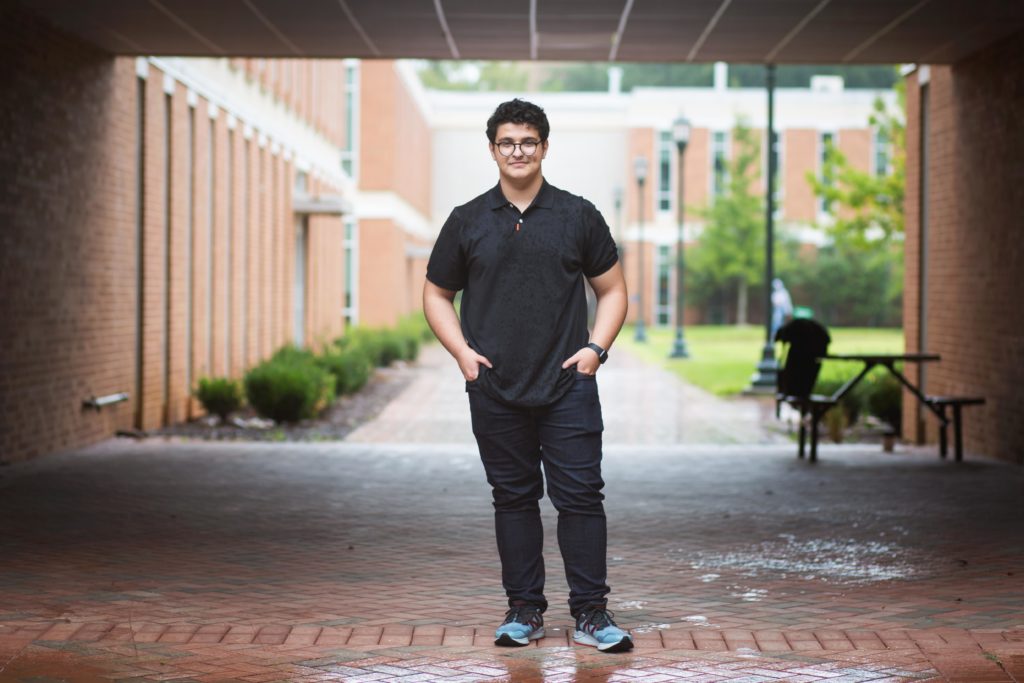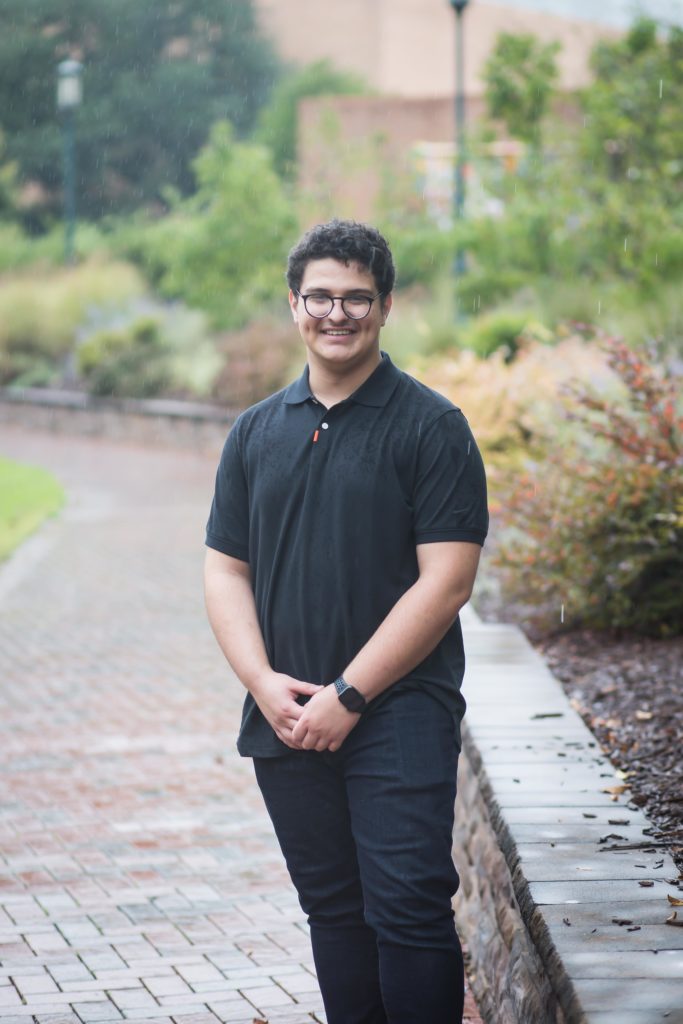This decision emphasizes that DACA is right, and that for DACA recipients and their families: home is here.
Today, the Supreme Court ruled to uphold the Deferred Action for Childhood Arrivals (DACA) program in a 5-4 ruling that said the Trump administration’s reasoning for ending the program was “capricious and arbitrary.”
In the decision for the majority, Chief Justice John Roberts wrote: “We do not decide whether DACA or its rescission are sound policies. We address only whether the agency complied with the procedural requirement that it provide a reasoned explanation for its action.”
Chief Justice Roberts added that the administration could try again if it provided adequate reasons for shutting down the program.
A joint statement from Charlotte Center for Legal Advocacy, Comunidad Colectiva, the Hispanic Federation, Action NC and Latin American Coalition:
Today’s decision is a testament to what happens when directly impacted communities demand change. The Supreme Court sided with the American people- who overwhelmingly support the DACA program- and rejected the decision to deport immigrants who are American in every sense except by law.
This decision protects the lives of nearly 700,000 current DACA recipients, including more than 24,000 in North Carolina, and their families from deportation-for now. This decision affirms what we have always known: immigrants make America great. It comes as our country continues to struggle under COVID-19. During this time, DACA recipients and immigrants broadly have played critical roles in supporting our health systems and economy.
Currently, 29 percent of all physicians, 38 percent of home health aides and 23 percent of retail-store pharmacists are foreign-born. Immigrants also make up a large proportion of essential staff in grocery stores, hospitals, sanitation and transportation. According to the Department of Homeland Security, nearly one-third of DACA recipients work in these essential jobs.
With this decision, DACA recipients and their families can continue to live safely in our community. Nearly 250,000 children in this country have a parent with DACA status. Since the Trump administration rescinded the program in 2017, immigrant youth, their families and allies across the country have been fighting to protect DACA. While this decision gives needed relief for DACA recipients and their families, immigration and deportation threats are far from over.
Charlotte immigration advocacy groups including the Latin American Coalition, Hispanic Federation, Charlotte Center for Legal Advocacy, Comunidad Colectiva, and Action NC call on the Trump administration to respect the decision of the Supreme Court and not try to end the program again. The administration must also instruct U.S. Citizenship and Immigration Services (USCIS) not to share information that DACA recipients and their families have voluntarily given to the government with ICE.
As we celebrate today’s decision, we also acknowledge how much more fighting for change there is still to do. While this decision is a welcome relief for many, there is still much to be done to protect the DACA program and its beneficiaries. One step is for people to make their voice heard by voting in the November election.
This decision follows weeks of courageous organizing and protests from Black people and allies across the country to demand an end to police brutality, white supremacy and a call to reallocate police resources in ways that strengthen our community safety net. We stand with the immigrant and Black community and commit to fighting for their stability and safety.
Each of our advocacy groups are here to support dreamers and DACAmented individuals during this time. On Thursday, June 18 at 7 p.m., Comunidad Colectiva will hold a Facebook Live with more information about what this decision means and what to expect as we move forward. This victory is for the youth and their families who are fighting the good fight. Today, the Supreme Court stood with the immigrant community, protecting their right to work and thrive in the place they grew up, the place they call home.
Our Asks for Next Steps
- Demand that USCIS immediately begin accepting new DACA applications and continue DACA renewals, restoring the program to its original state before termination.
- Call on Congress to pass permanent protections and solutions that help these beneficiaries, including extensions of TPS work permits, protections from deportation for immigrants, and benefits in any future stimulus package to address COVID-19.
- Call on state and local leaders to get ICE and CPB out of our communities and sign onto our pledge as well as working to provide free COVID-19 testing, treatment and services for all, regardless of immigration status.
- In solidarity with Black people, we call for the investment in community initiatives that strengthen Black and Brown communities, as well as changing laws and enforcement policies to end the systemic mass incarceration of people of color.
- An immediate suspension of the Public Charge rule
Share this message
The Supreme Court ruled in favor of upholding the DACA program today, but the fight to protect DACA continues.
Share this message with your networks and encourage those who need assistance with DACA to contact Charlotte Center for Legal Advocacy for more information on what to do next.




